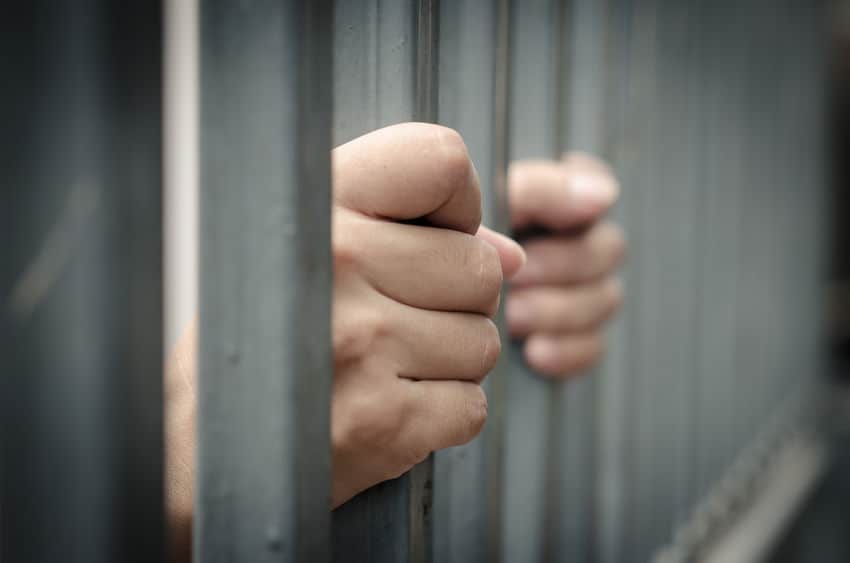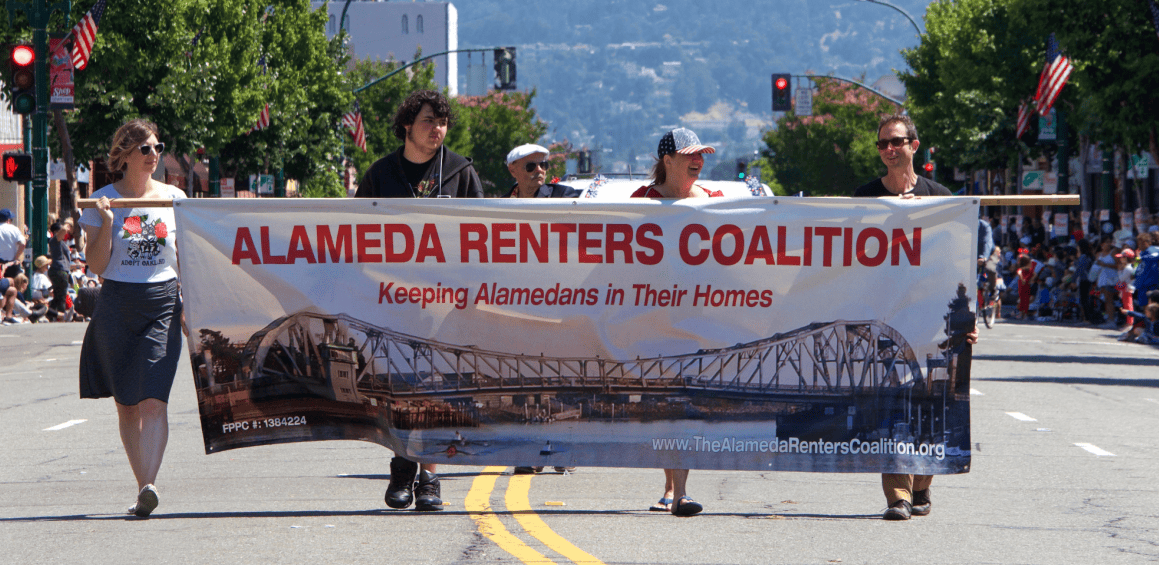An Illegal Gas Line Killed 2 People. Should the Landlord Go to Prison?

After the fire was over, the devastation was clear: Two young men, a busboy at a sushi restaurant and a man eating there on a date, were killed. Thirteen people were injured. Half the block had been leveled, and the city was left with new fears about the vulnerability of its crucial infrastructure.
On Monday, a Manhattan jury is set to begin hearing testimony against the buildings’ landlord and two other people who prosecutors said caused the deadly explosion by setting up an illegal gas line. They have been charged with manslaughter, criminally negligent homicide and related offenses.
The wreckage stunned the neighborhood and left many New Yorkers concerned about the darker side of the city’s housing boom and the fragility of its underpinnings. The blast happened just over a year after a gas explosion leveled two buildings on Park Avenue in East Harlem, killing eight people. Federal investigators found a crack in a Con Edison gas main near the site and a separation between that main and a smaller pipe.
The Manhattan district attorney, Cyrus R. Vance Jr., has said he intended the charges to stand as a warning to building owners willing to cut corners to profit from high rents.
“When you tinker around with the gas system, the electrical system hookups, as happened here, you have in effect weaponized that building and that power system, and you could be held accountable for the harm you inflict,” Mr. Vance said in 2016 when charges were announced in the case.
Prosecutors said that the owner of the two buildings, Maria Hrynenko, 59, was motivated by greed when her general contractor, Dilber Kukic, 44, and an unlicensed plumber, Athanasios Ioannidis, 63, illegally tapped into a gas line in one building to service tenants in another in an effort to keep them and their high rents while the building was being renovated. The average rent was $6,000 per month.
Mr. Figueroa’s family said they have waited years for justice. His father has visited the site of the explosion every week for the past four years even as new construction began.
“The pain never goes away,” Ana Lanza, 59, Mr. Figueroa’s mother, said in a recent interview. “I want Maria Hrynenko to feel my pain. I want them to pay.”
A lawyer for Ms. Hrynenko did not respond to a request for comment.
Ms. Hrynenko did not tell detectives about the illegal gas line, prosecutors said, and she shredded nine garbage bags full of documents pertaining to her real estate business.
But legal experts and defense lawyers say that it is difficult to convince a jury that someone is guilty of manslaughter in cases where slipshod construction work has led to deaths.
Under New York law, prosecutors will have to prove that Ms. Hrynenko, Mr. Kukic and Mr. Ioannidis were aware that they were acting recklessly, and disregarded the potential risk of death to others. Prosecutors would also have to show that the risks were not something that a reasonable person would have ignored.
“Being aware of a substantial risk would seem to be inconsistent with maintaining their property and obtaining tenants, making it challenging to prove that level of reckless intent,” said Kevin McCarthy, a professor at John Jay College of Criminal Justice who previously worked as a federal prosecutor in New Jersey and an assistant district attorney in Manhattan.
Mr. Kukic’s lawyer, Marc Agnifilo, said prosecutors will have a hard time showing the defendants intended to cause harm and proving what caused the explosion.
“It’s normal human nature to want to hold someone accountable when something so terrible happens,” Mr. Agnifilo said. “On one hand you have a true tragedy and on the other hand, you have something that if you look at clearly, it’s hard to prove.”
Mr. Vance’s office has aggressively prosecuted these cases with mixed results.
In 2016, Harco Construction was found guilty of second-degree manslaughter and criminally negligent homicide in the death of Carlos Moncayo, 22, an immigrant from Ecuador who lived in Queens. A judge had determined that the company’s negligence contributed to the collapse of a 14-foot trench in 2015 and Mr. Moncayo was crushed by thousands of pounds of dirt.
But in 2012, James F. Lomma, the owner of a crane company, was acquitted of all criminal charges in connection with the collapse of a tower crane that killed two workers. A jury in civil trial, however, awarded the workers’ families $96 million.
Source: nytimes.com















 Accessibility
Accessibility